Electric cars or EVs are becoming increasingly attractive when it comes to reducing carbon emissions and pollution, which for many people is a growing concern. Research has shown that electric cars are better for the environment.
EVs are the future and an invention that came to change history since they emit fewer greenhouse gases and air pollutants during their life than gasoline or the diesel car. This is even after the vehicle’s production and the generation of electricity required to power them are considered.
However, as interest in electric cars grows, so many questions arise about how green and clean they really are. From manufacturing concerns to how electricity is generated, we will see how electric cars influence environmental impact.
Are Electric Cars Better for the Environment?
The main benefit of electric cars is the contribution they can make to improve air quality in towns and cities. With no tailpipe, pure electric cars do not produce carbon dioxide emissions when driving. This reduces air pollution considerably. Simply put, electric cars give us cleaner streets making our towns and cities a better place for pedestrians and cyclists. For one year, just one electric car on the road can save an average of 1.5 million grams of CO2.

How does the production of electric cars affect the environment?
Electric car manufacturing consumes a lot of energy. The emissions created during the production of an electric car tend to be higher than those of a conventional car. This is due to the manufacturing of lithium-ion batteries, which are an essential part of an electric car.
More than a third of the lifetime of CO2 emissions from an electric car comes from the energy used to make the car. As technology advances, this is changing for the better. With more efficient manufacturing techniques, the amount of emissions created during battery production will improve.
Reusing and recycling batteries is also a growing market. Research on the use of second-hand batteries is looking for ways to reuse batteries in new technologies such as electricity storage. One day, we could all have batteries in our homes to store our own energy. Opportunities like this will reduce the lifetime environmental impact of battery manufacturing.
Even after considering battery manufacturing, electric cars are still a greener option. This is due to the reduction of emissions created during the useful life of the car.
What about the electricity required to power an electric car?
Many people wonder what it is really like to produce green electricity to power an electric car. Research by the European Energy Agency found that, even with electricity generation, the carbon emissions of an electric car are 17-30% lower than driving a gasoline or diesel car.
The emissions from electricity generation also improve dramatically when using low carbon electricity.
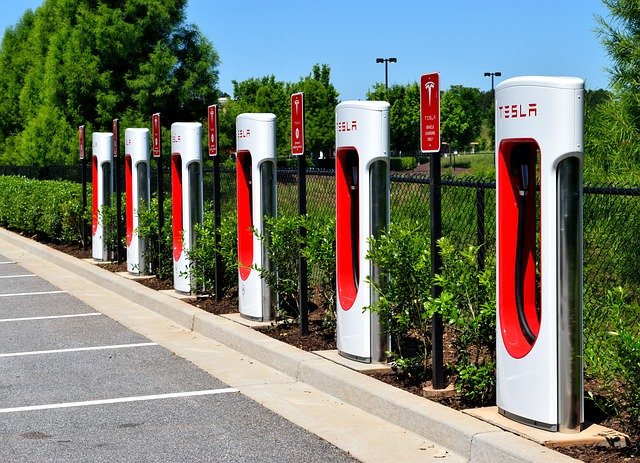
All this shows that electric vehicles have an important role to play in reducing transport emissions and being an important factor in reducing the environmental impact of conventional cars.
Using an electric car brings many advantages as well as disadvantages and next we will see the most outstanding:
Advantages of an Electric Car
The advantage that we all know about the electric car is that it does not pollute, but for many this advantage is not enough. Let’s see some more, based on the opinions of users of electric vehicles. Many of those opinions, based on own experience.
1. Does not produce air pollution
An electric car does not pollute because it does not need fuel. These vehicles work through the conversion of electricity into energy. A very favorable point considering the major pollution problems that we have today.
2. Does not produce noise pollution
Pollution is not just atmospheric. A car also produces noise pollution, unless it is an electric car, which produces very little noise. In an electric vehicle we can talk without having to raise our voices or listen to music at a normal pitch.
3. Space saving
As there is no gearbox and the engine is so compact and small, the space we will have in an electric car will be much greater than in a traditional one. Most of the space in an electric car is intended for habitability, so we will have a smaller car, with which we can park in the city more easily, but much more spacious inside.
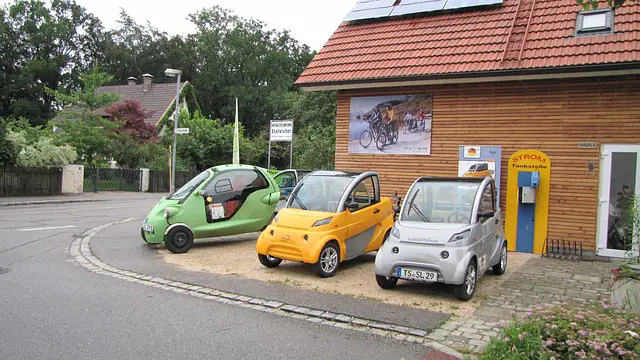
4. Greater efficiency
An electric car is much more efficient than a traditional one. Its efficiency is around 90% when in a traditional car it stays at 30%, that is, an electric vehicle needs less energy to make the same effort so, ultimately, it consumes less.
SEE ALSO: Real-World Applications of Internet of Things (IoT)
Imagine what we could save on gasoline with an electric car.
In addition, we can add to these advantages of savings in parking in large cities. An electric car pays nothing in the blue or green parking lots of cities. Likewise, insurance for our electric car will be more economical.
Disadvantages of an Electric Car
Among the most notable disadvantages of using an electric car we can mention:
1. Less autonomy
The autonomy of an electric car is the main drawback when purchasing one. If we want to make a long trip, from Madrid to Barcelona for example (that there are more than 600 km), we will have it very crude since the average autonomy of an electric car is about 200 km.
Even so, every day we have greater advances and models with greater autonomy are coming out, as is the case of the Tesla Model S P100D, which has an autonomy of almost 600 km and a battery capacity of 100 kWh. Although it must be said that autonomy depends on many factors, such as speed, air conditioning or the age and condition of the battery, among many other things.
2. Where do we charge the battery?
Another major drawback of an electric car is the charging location. To start, before acquiring an electric vehicle we must bear in mind that we need a garage, in addition to the necessary installation for the power outlet to be able to charge the car battery.
Some brands, such as Renault, give you the charging point and installation when you buy an electric car.
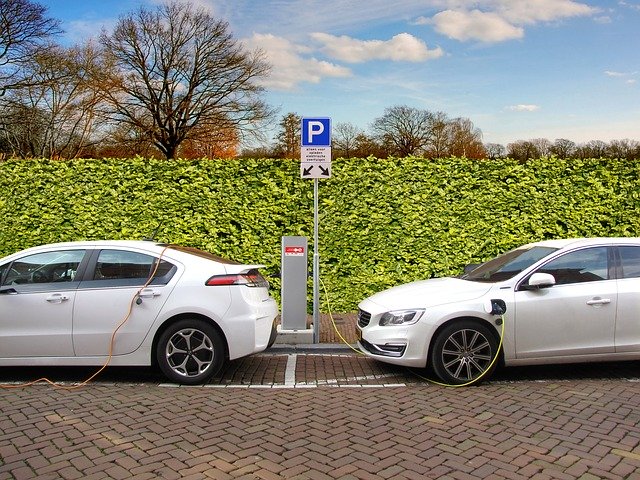
If we have our own garage this should not be a problem, however, if our garage is community, we must have the permission of the neighbors before starting the installation.
However. The number of charging points for electric cars in many countries grows in number every day, although at the moment they are still insufficient.
3. Few specialized workshops
Although it is not often that these types of vehicles break down, they can also do it and it is difficult to find a nearby workshop that can fix our electric car. In addition, if we need to change any part, it will be much more expensive than if it were a traditional car since there are fewer and they may even have to be brought from another country.
4. How is charging electricity produced?
We have previously said that electric cars do not pollute anything at all but the truth is that the production of electricity to be able to charge these vehicles does pollute. One solution would be to produce the necessary electricity for our vehicle from renewable energies, such as solar, wind, or tidal power in the case of the coastal area, among others.
Electric Cars Benefit
As we mentioned earlier in the advantages of using an electric car, we can see that it has a lot of environmental and economic benefits.
Environmental benefits
Less pollution: As we mentioned earlier, electric cars, since they do not use gasoline and do not have an exhaust pipe, do not emit gases, contributing to climate change and reducing air pollution to improve public health in cities and towns.
1. Renewable energy:
A great benefit of electric cars is that they can be recharged with renewable energy through their solar photovoltaic system during the day instead of from a power distributor, further reducing their greenhouse gas emissions.
2. Ecological materials
To further contribute to environmental change, some electric cars have been produced, made of greener materials, including:
- Nissan Leaf: Its interior and bodywork are made in part from environmentally friendly materials, such as plastic bags, recycled water bottles, old car parts, and even second-hand appliances.
- Ford Focus Electric: it is made with recycled materials and its filling is made with bio-based materials.
Economic Benefits
3. Driving them is Cheap
A great benefit of electric cars is that driving them is definitely much cheaper than driving a combustion car. The electricity to charge an electric vehicle is approximately one third per kilometer compared to buying gasoline for the same vehicle.
4. Savings in Maintenance
An electric vehicle has far fewer moving parts than a conventional car. Relatively little service and there are no expensive exhaust systems, starters, fuel injection systems, radiators, and many other parts that are not needed in an EV.
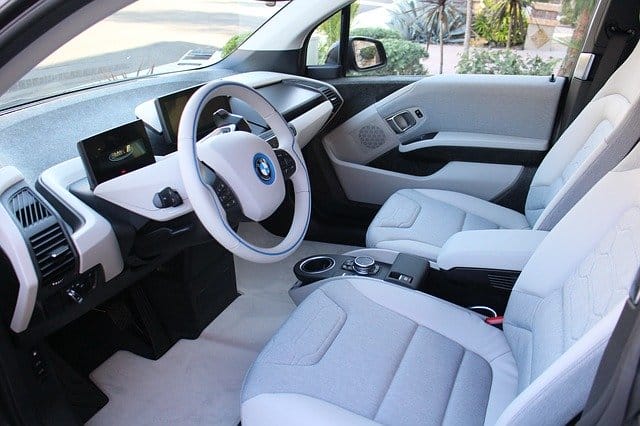
Even though the batteries are depleted, spare batteries will eventually be needed. However, most electric car manufacturers guarantee that the batteries will last around 8 years.
Tax Free: One of the best benefits is that electric cars are tax-free.
Electric cars vs Gas cars
Electric vehicles have been at the center of the discussion of sustainable mobility since, in addition to promising to be friendly to the environment by not emitting polluting gases, they also offer fuel savings since they do not need it for their operation.
However, today there are also many points in favor of combustion cars that with technology tend to be more efficient and, somewhat, less polluting. But there are many implications and advantages to be taken into account.
There are many aspects that still need to be fine-tuned in the green car race, such as the environmental, economic, and production political implications of electric cars. And while it may seem contradictory, some internal combustion vehicles may ultimately be more environmentally friendly given the automotive industry’s investment in cleaner fuel technology research.
Both have pros and cons that must be thoroughly analyzed and the long-term effects if you want to help the environment.
Electric Cars from Famous Companies
These companies are preparing for the new era of electric mobility and at the moment, they are the current leading manufacturers in the market.
Among the electric cars of famous companies we can find:
1. Tesla
Tesla, Elon Musk’s innovative tech company, is known for producing high-quality, cutting-edge vehicles with creative, high-end features. The two most popular Tesla vehicles are the Tesla Model S and Tesla Model X, and increasingly, the lower-cost Tesla Model 3.
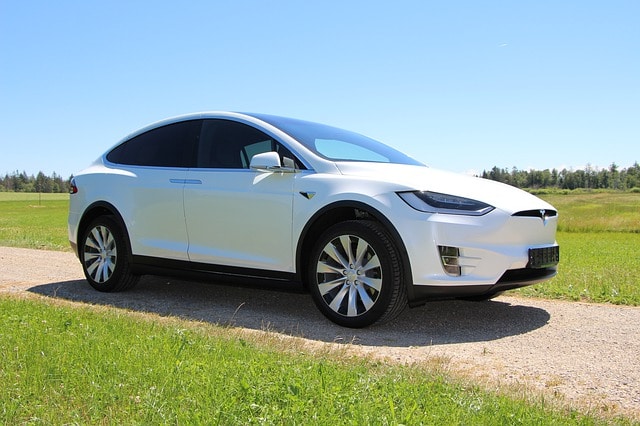
The Model S is Tesla’s luxury sedan, and at the time of its first launch, it was the highest-rated vehicle ever tested by Consumer Reports. The Model X is Tesla’s electric SUV and features hawk-wing doors, room for seven passengers, and nearly 300 miles of range per charge. Model 3 is a low-cost sedan option for those who don’t want to pay the high price of the Model S luxury vehicle.
2. BMW
BMW is a German automobile company that produces luxury cars. They entered the electric car market with the BMW i3, a fully electric luxury SUV with a 5-seat compact designed primarily for urban and suburban travel.
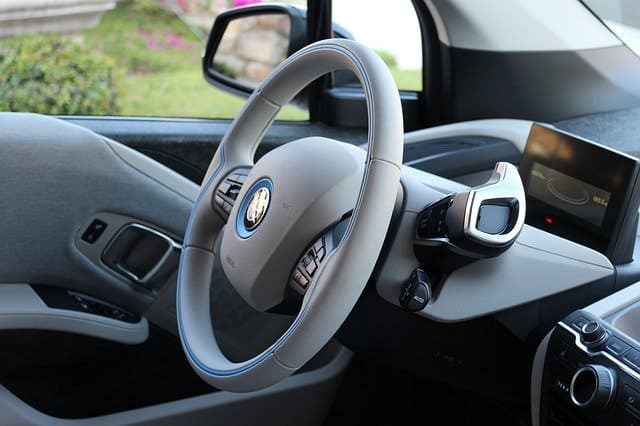
3. Nissan
Headquartered in Japan, Nissan has sold the most EVs of any manufacturer worldwide. Its electric car offerings are led by the Nissan Leaf. The world’s most popular electric vehicle, the Leaf offers all the benefits of electric driving, while staying available at a relatively low price.
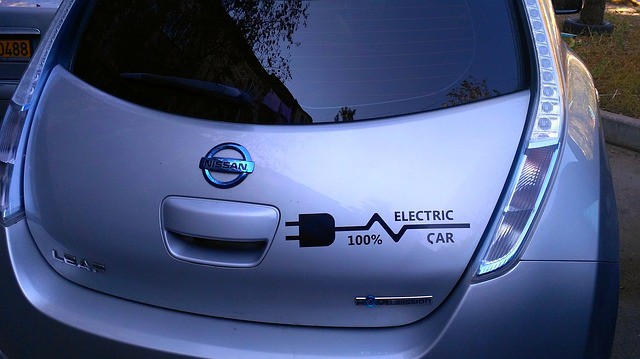
The Leaf was redesigned from its previous version and is a significantly better electric vehicle. It is quieter, more comfortable, and more rewarding to drive, and offers a wide range for almost any trip.
4. Chevrolet
Chevrolet is the automotive section of the American company General Motors and sells a wide range of vehicles worldwide. Chevy’s first foray into the all-electric car market is the Chevrolet Bolt EV, which offers more than 350 miles per charge at a price well below other long-range vehicles.
The Chevrolet Bolt EV is a surprise in more ways than one. Before Hyundai’s Kona arrived, it was the only non-Tesla to offer a 400-kilometer electric driving range. The Bolt’s claimed cargo space isn’t all that impressive, but in the real world, it’s more useful than the numbers indicate.
5. Ford
Ford is an American automaker with a long history, producing a large number of vehicles for sale around the world, from trucks to plug-in hybrids.
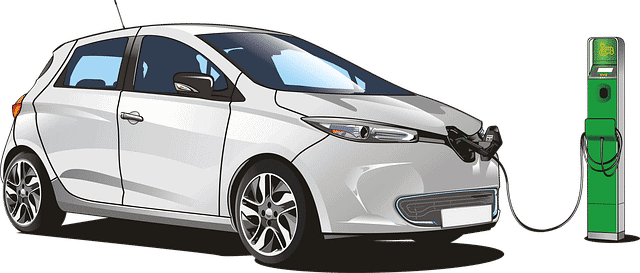
Its main electric vehicle is the Ford Focus Electric. An electric version of the popular Ford Focus, the Focus Electric is an affordable EV with all the looks of a standard vehicle, but with over 100 miles per charge on its battery.
Future of Electric Cars
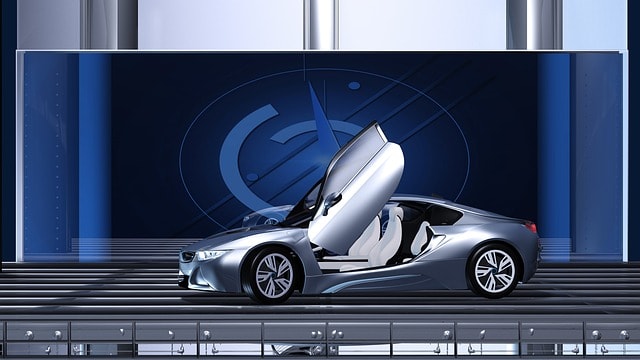
The future of the automotive industry is directed towards electric cars which are more environmentally friendly, automotive companies are investing exorbitant amounts of money to bring more and better electric cars to the coming years, so the future of electric cars shines brighter than ever.
